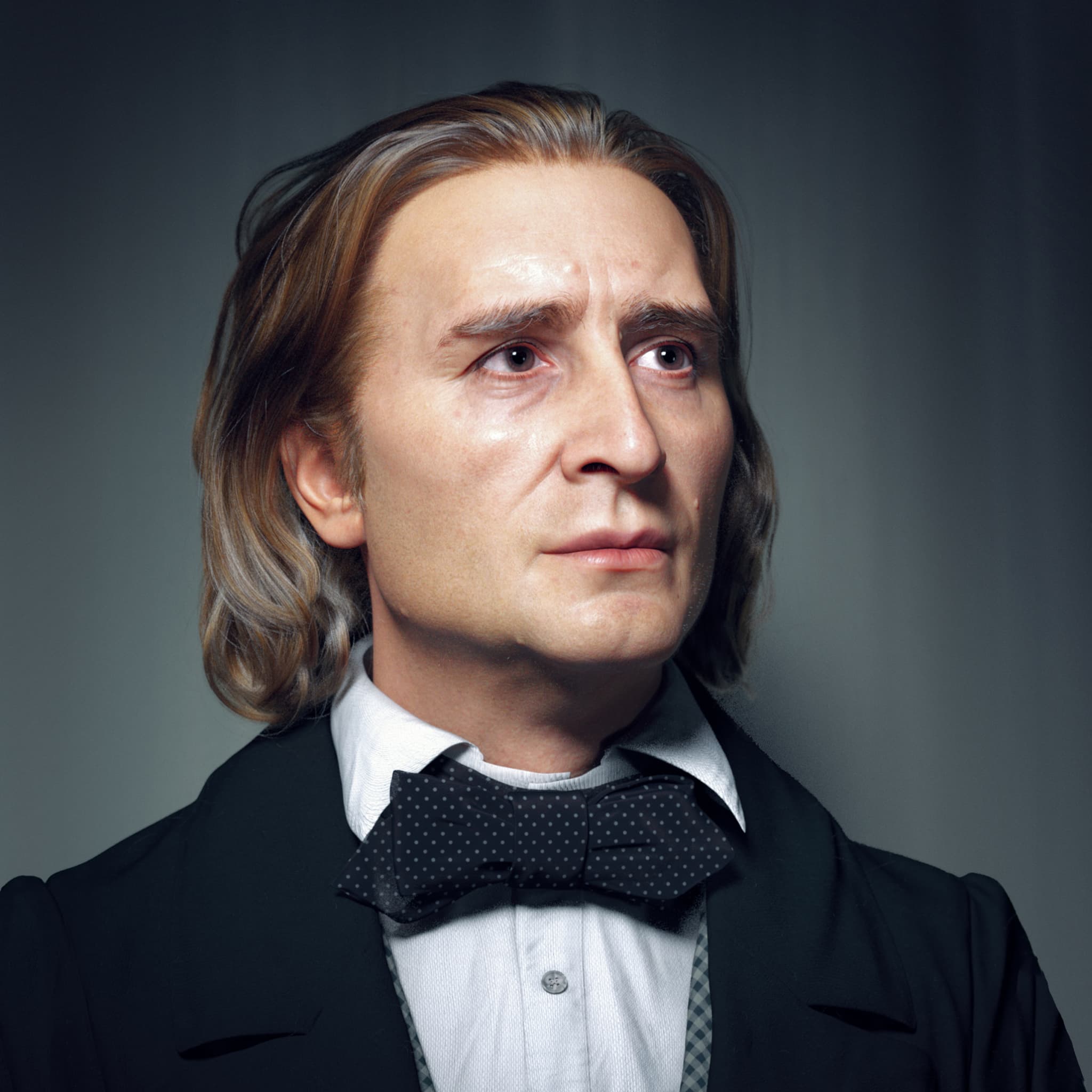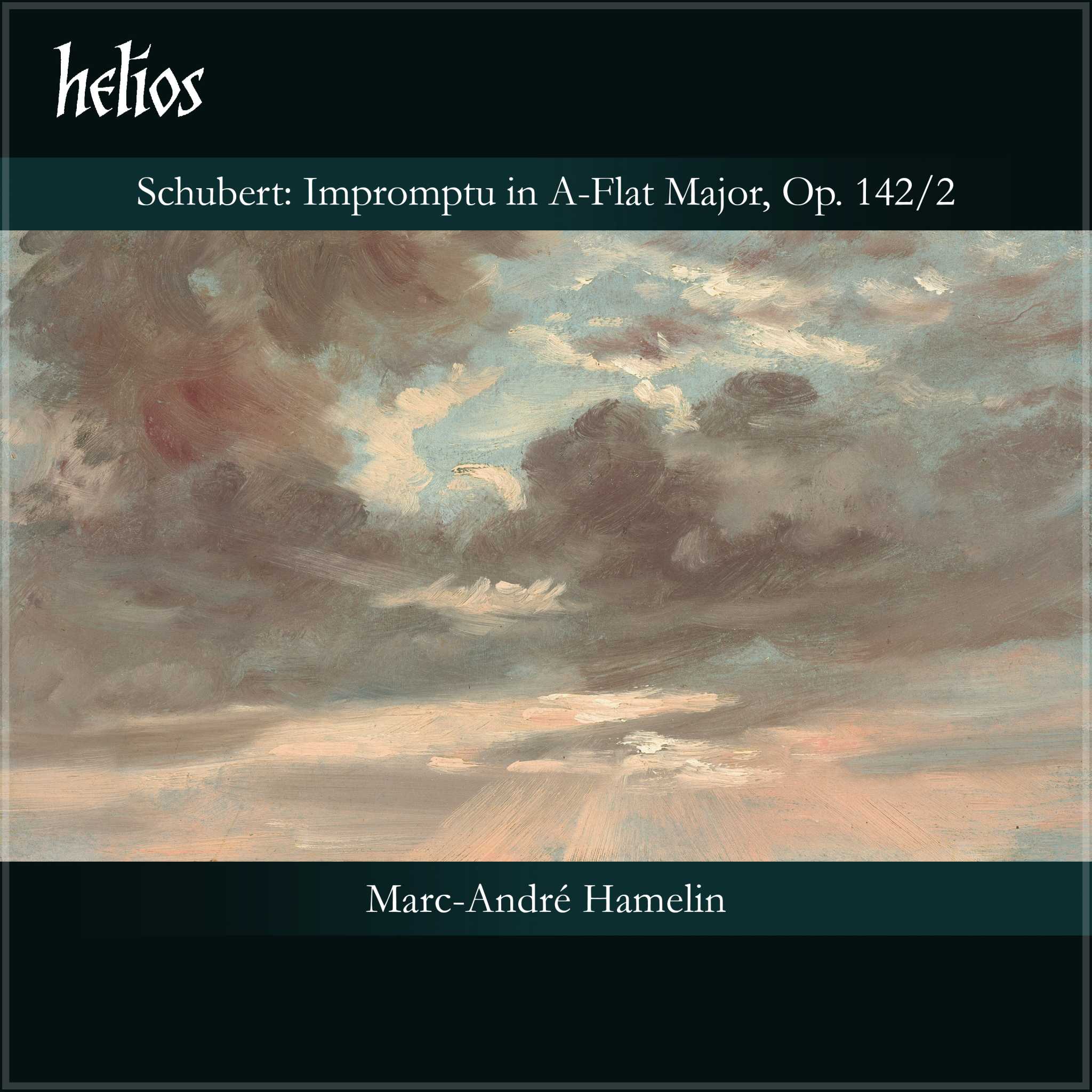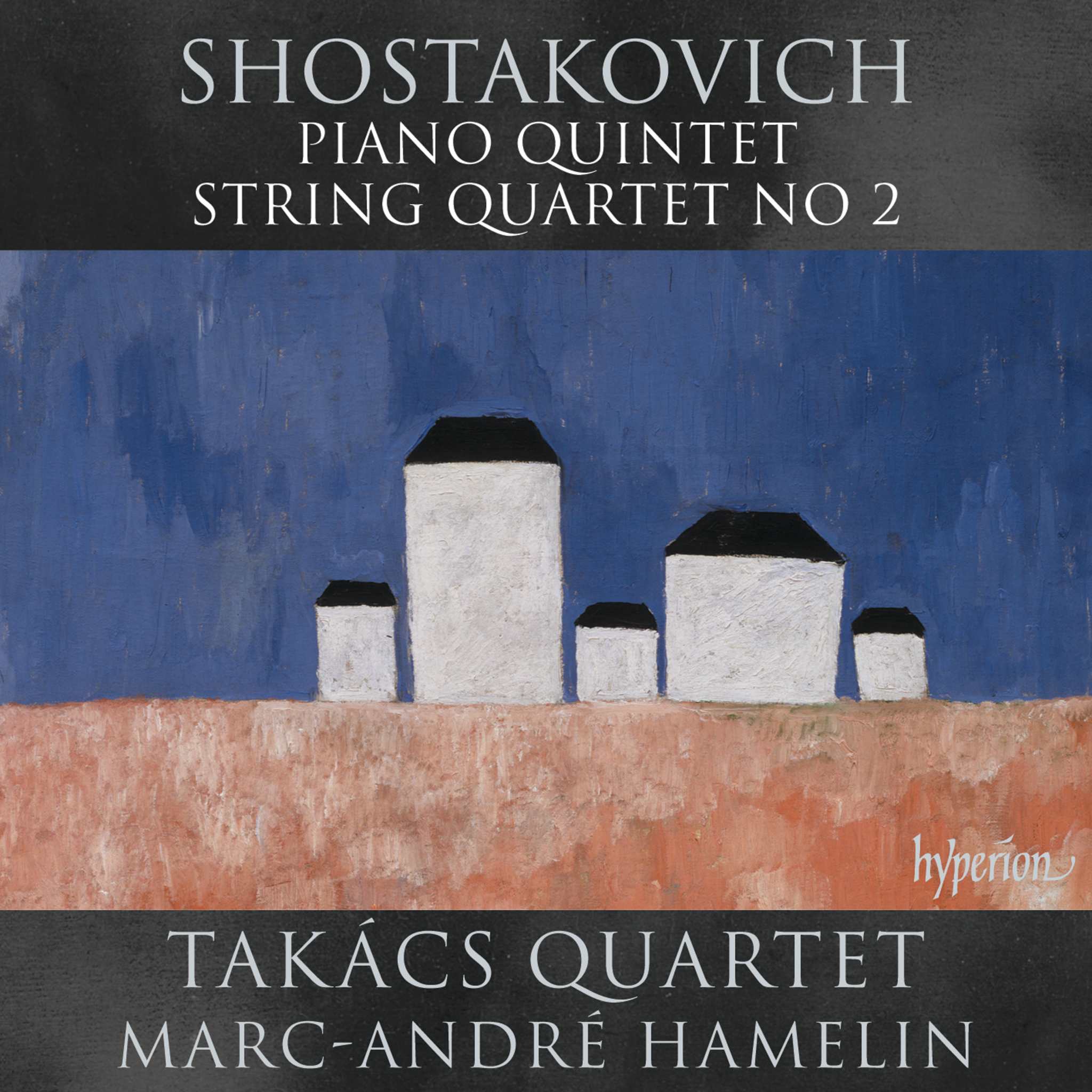Aufsehen. Sein Im Frühjahr 1831 sorgte Paganini als gefeierter Geigenvirtuose in Paris für großes Aufsehen. Sein außergewöhnliches Können riss das Publikum in der Académie Royale de Musique zu Begeisterungsstürmen hin, denn ohne Notenblätter und mit einzigartiger Lebendigkeit entfaltete er sein Spiel. Nicht nur Musiker wurden von ihm in den Bann gezogen – auch Franz Liszt war fasziniert, als er Paganini 1832 bei einem Benefizkonzert erlebte. Die bewundernswerte Virtuosität des Geigers inspirierte Liszt dazu, sich technisch weiterzuentwickeln und pianistische Entsprechungen zu schaffen. Mit großem Eifer widmete er sich dem Studium, um seine Kunst weiter zu verfeinern und sich selbst neu zu formen.
Aus dieser Begegnung heraus entstanden Liszts Six Grandes Études de Paganini. Diese Sammlung von sechs Etüden, die in den Jahren 1838 und 1851 erschien, gilt als herausragendes Beispiel pianistischen Könnens. Liszt griff dabei vor allem auf Paganinis berühmte Vierundzwanzig Caprices für Violine solo op. 1 zurück und verwandelte sie meisterhaft in Klavierliteratur. Jede dieser Etüden stellt eine eigene technische Herausforderung dar und trägt einen charakteristischen Beinamen.
Neben den Paganini-Etüden widmete Liszt sich auch der Übertragung von Schuberts Märschen für Klavier. Zu diesen Bearbeitungen gehören etwa der Trauermarsch oder die Grande Marche caractéristique, die Liszts tiefe Wertschätzung für Schuberts Musik belegen. Durch seine kreative und virtuose Neugestaltung öffnete Liszt diese Werke einem breiten Publikum und bewies damit sowohl seine künstlerische Raffinesse als auch seine schöpferische Großzügigkeit.












